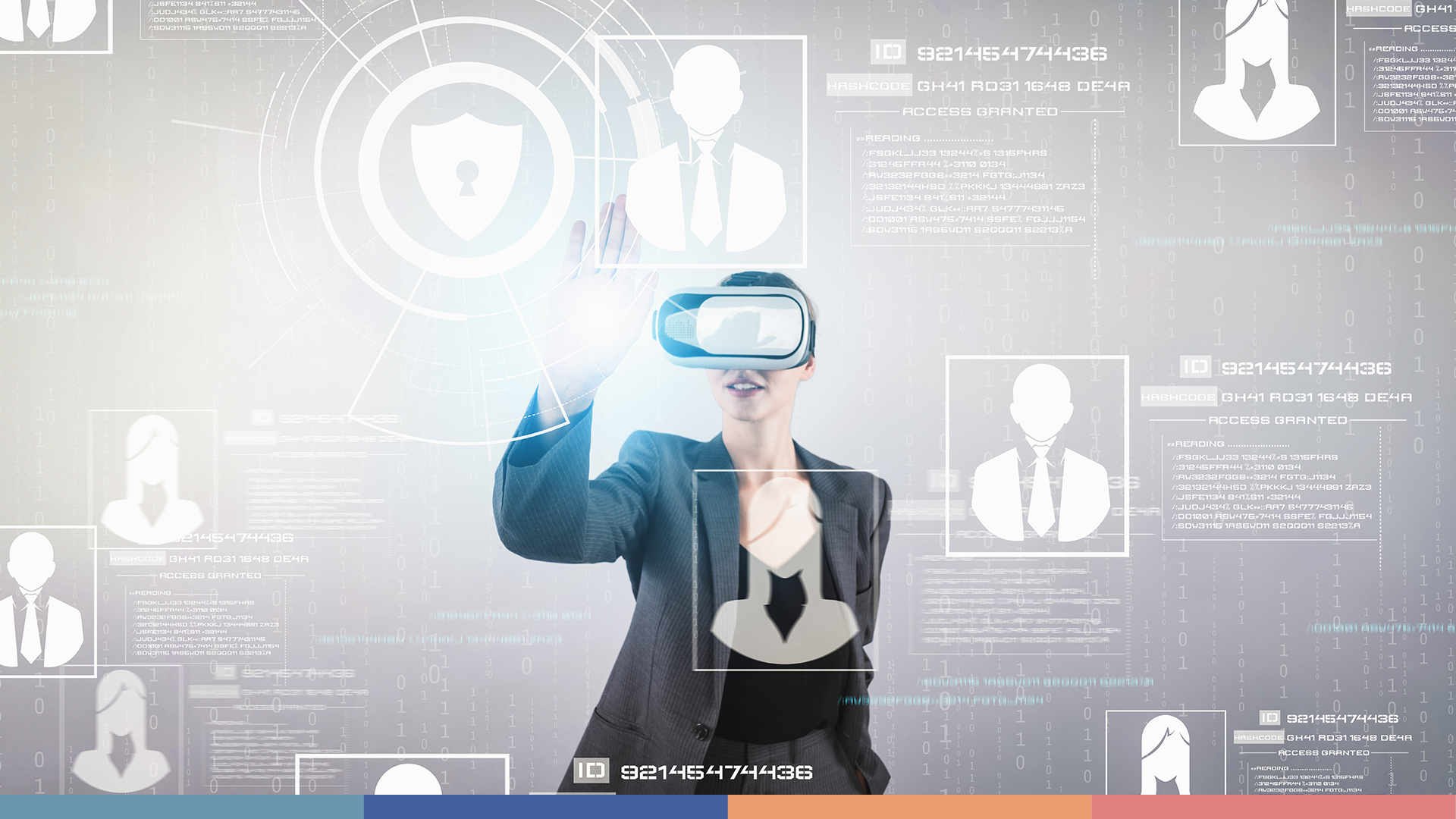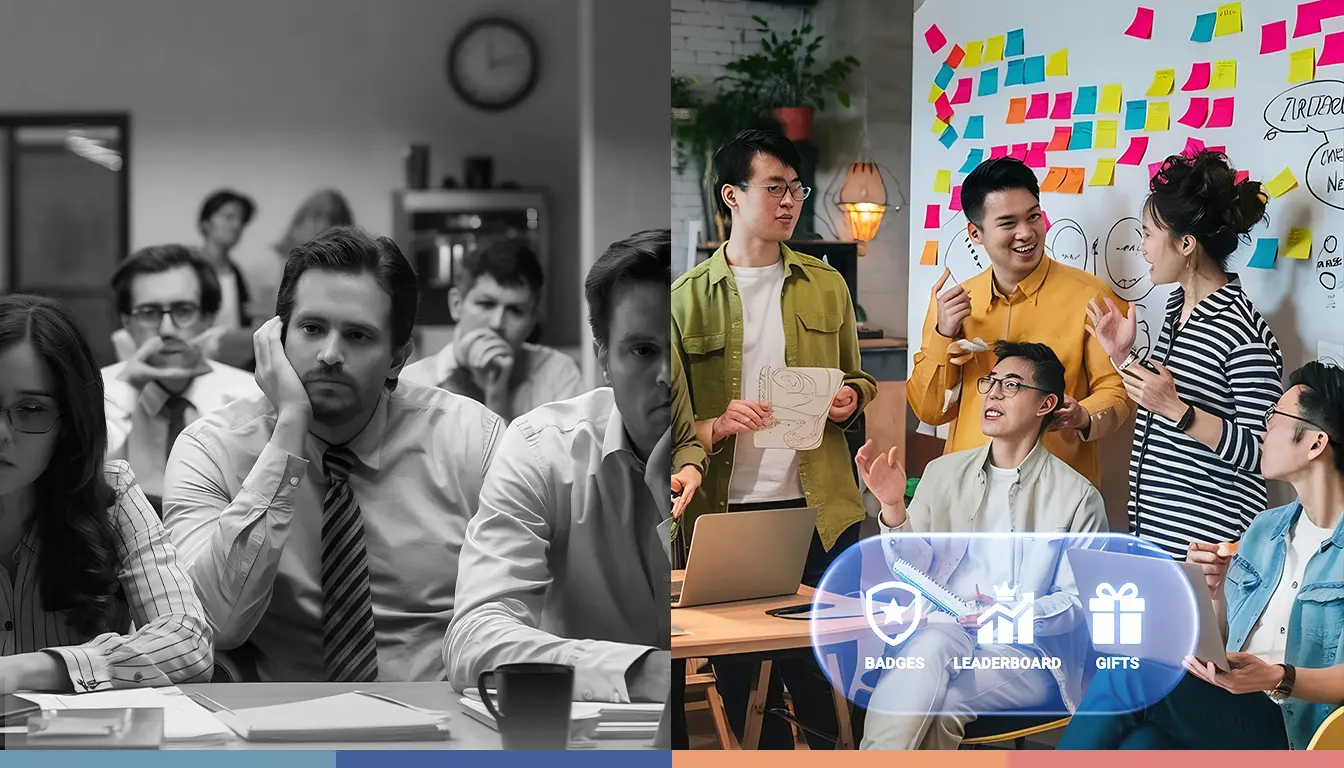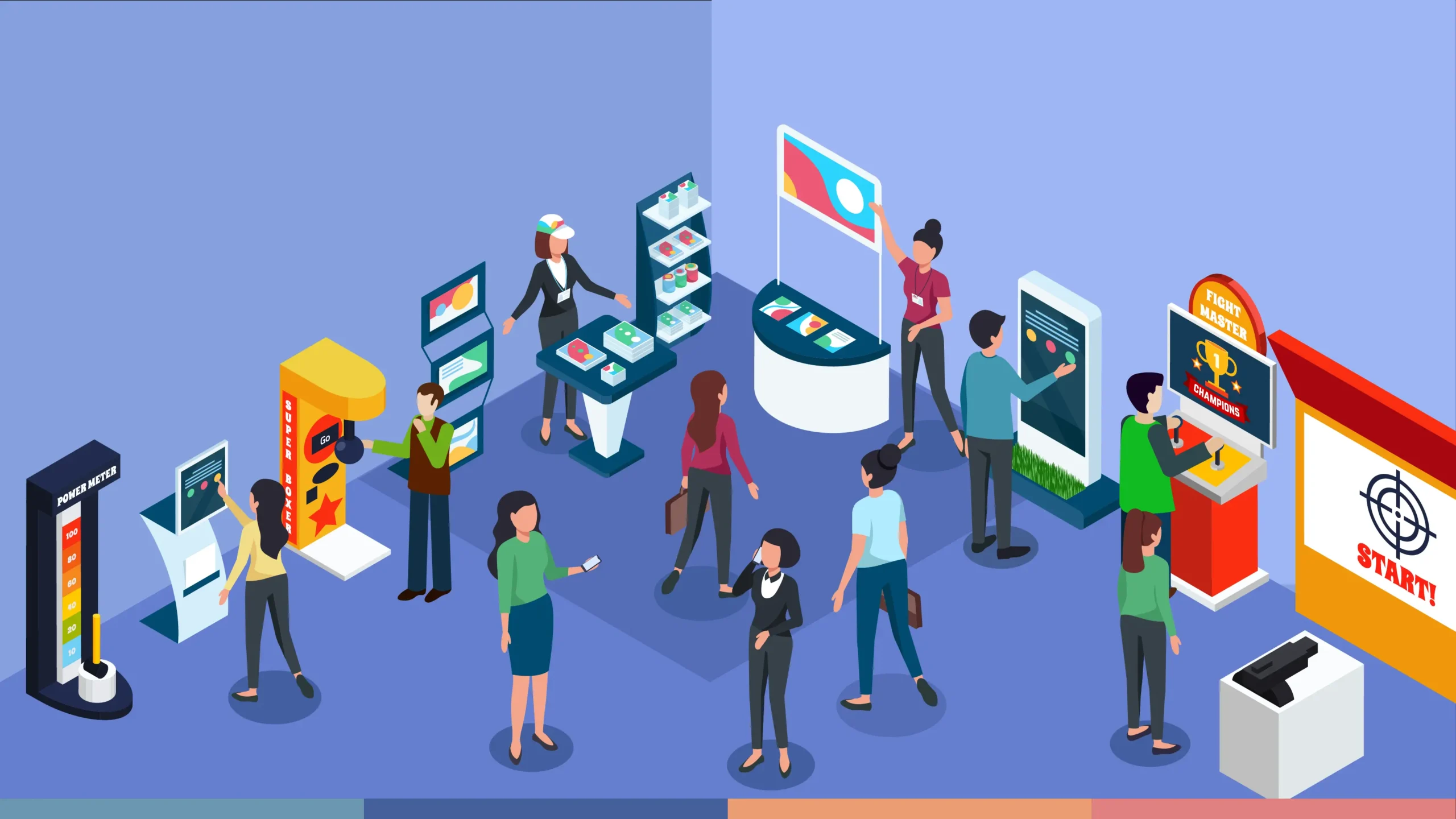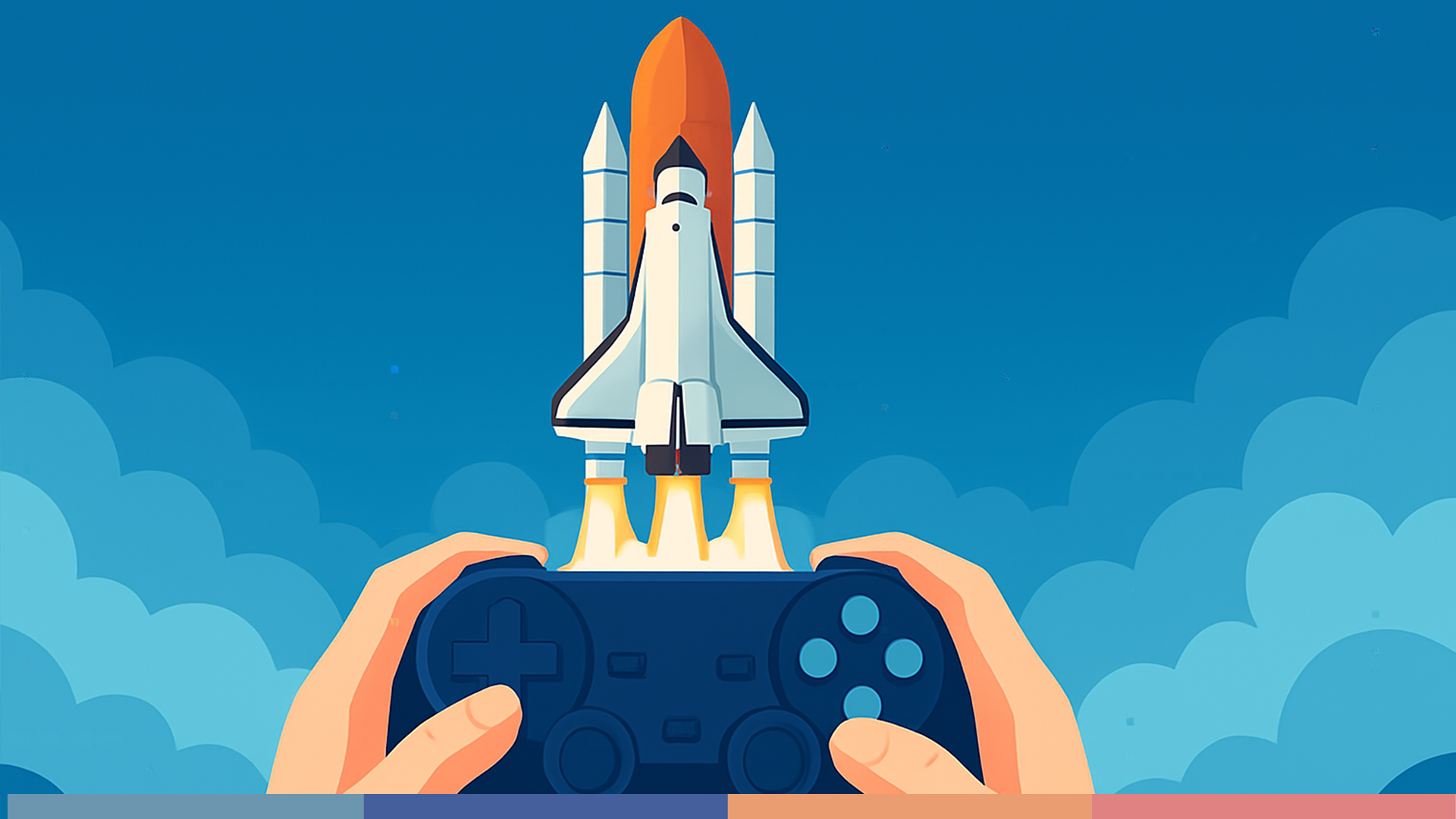Balancing Between Work, Study, and Leisure
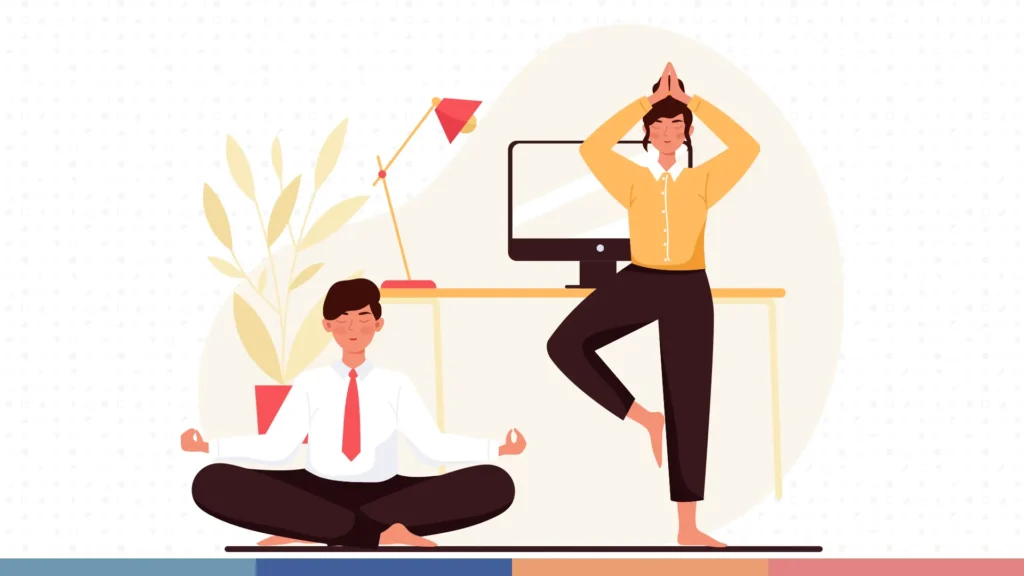
Balancing work, study, and leisure is an intricate dance. Ever since we can remember, we are often taught to focus our lives on productivity at work or excel in academics, as these are commonly seen as the paths to success and fulfillment. We grow accustomed to the idea that the more hours we put into work or study, the more we achieve. However, this constant drive for accomplishment can lead to burnout, stress, and a lack of fulfillment. And in reality, leisure is equally important—not as an indulgence but as a necessity for maintaining mental and physical well-being. Taking time to relax, pursue hobbies, or simply unwind helps to recharge our energy and restore focus. It’s in these moments of respite that creativity and problem-solving can flourish. Balancing work, study, and leisure is essential for maintaining overall well-being and enhancing productivity. By giving ourselves permission to step away from responsibilities, we can return with a fresh perspective and a clearer mind. With that in mind, let’s explore how people around the world spend their time, why balancing these aspects matters, and how we can achieve it effectively.
How We Spend Our Time: A Global Perspective
Every day consists of 24 hours, 1,440 minutes, and an endless number of ways to spend them, and how we spend those hours reflects our priorities, values, and resources. Data from Our World in Data reveals that no matter where in the world we are, most of us dedicate the majority of our time to the essentials. Most people worldwide dedicate the majority of their day to essential activities like sleeping, working, and eating. Leisure activities typically take up the remaining time, but the distribution of these hours can vary significantly based on geography, economy, and even cultural norms.
For instance:
Work
People in countries like China and Mexico often spend significantly more time on paid work compared to those in other parts of the world, such as countries like France or Italy. This makes sense, given the economic structures at play in these regions, which align with economic theories suggesting that higher-income countries allow more time for leisure due to greater productivity and access to resources, which leads to more leisure time as workers become more efficient.
Leisure
Leisure time appears to be relatively consistent, but there is subtle cultural differences. In France, in places like France, leisure is often intertwined with cultural practices, like long meals and social gatherings. The French, for example, spend more time savoring meals, reflecting the country’s strong culinary culture. On the other hand, Americans report spending far less time on dining. This speaks to how culture shapes our understanding of leisure.
Interestingly, leisure doesn’t just mean “free time.” but how we choose to spend it, be it relaxing, socializing, or engaging in hobbies, from watching television or playing games, each carrying its own implications for well-being. And in each culture, there are nuances that affect how leisure time is spent, which in turn impacts our well-being. So, understanding the global perspective on time usage helps to reveal how people everywhere balance the fundamental aspects of their day, and why it’s important to get that balance right.
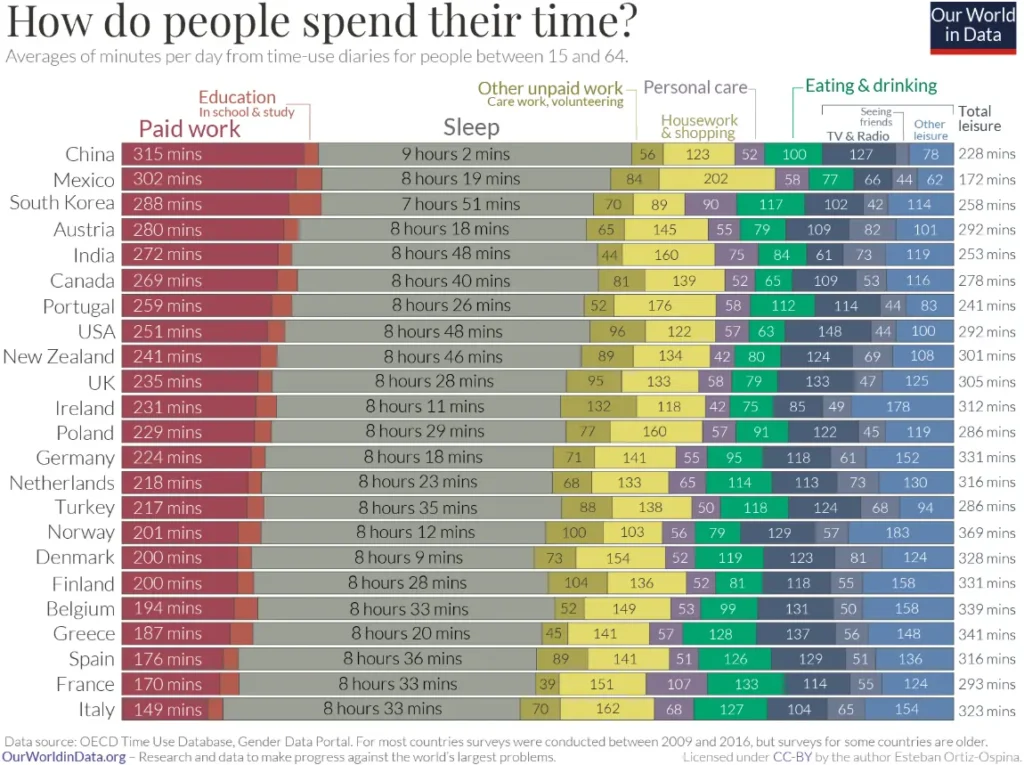
Source: Our World in Data
Average Time Spent on Activities
If we break down a typical day into hours, it’s interesting to see how much of our time is dedicated to various activities. Sleeping takes up the largest portion of the day, with people getting an average of 9.07 hours of rest. This is a good reminder of how crucial sleep is for both our physical and mental health, supporting everything from cognitive function to mood regulation. Next comes work, which claims about 3.56 hours of the average person’s day. But this number varies depending on the country or industry, with people in some regions working significantly longer hours than others. As for leisure, we’re looking at an average of 5.15 hours—plenty of time to unwind with activities like watching TV, socializing, or engaging in hobbies. Household tasks, like cooking and cleaning, take up 1.92 hours, and while necessary, these activities don’t always bring the same sense of fulfillment or relaxation.
Here's a short breakdown:
- Sleeping (9.07 hours): Sleep occupies the largest share of daily time, emphasizing its role in maintaining physical and mental health.
- Working (3.56 hours): While work remains a central activity, the variation across countries and individuals is influenced by economic and social factors.
- Leisure (5.15 hours): Leisure is a significant part of the day, with activities like watching TV and socializing dominating this category.
- Household Activities (1.92 hours): Tasks like cooking and cleaning take up a substantial amount of time, often varying by gender.
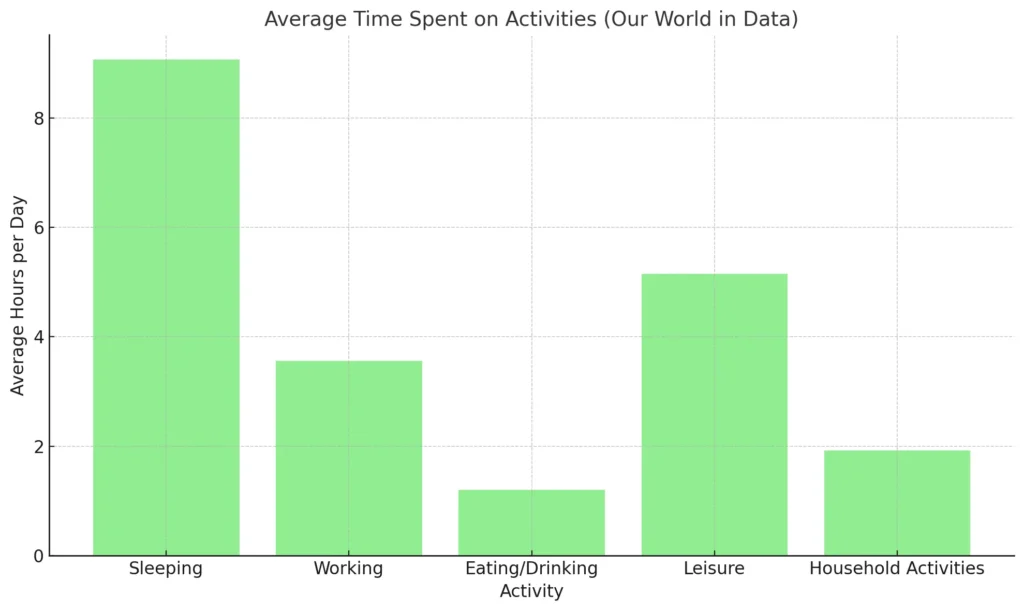
It’s important to note that not everyone has equal access to leisure, with gender disparities often shaping the way household duties are divided. Such as the gender gap in unpaid domestic work, which can reduce leisure opportunities, reducing their available leisure time compared to those who work. By examining these numbers, we can get a clearer picture of how time is distributed across different parts of the world, and why making time for both work and leisure is so essential for maintaining a healthy balance.
While work and household tasks are essential, ensuring adequate time for sleep and leisure is crucial for overall well-being.
The Need for Balance
Achieving a balance between work, study, and leisure is more than just a way to avoid burnout. It’s about improving our overall quality of life. When we focus too much on any one aspect of work or study without leaving room for rest, the consequences can be severe. Studies consistently show that prolonged focus on one aspect, such as work or study, without enough downtime can lead to fatigue, decreased productivity, and mental health challenges that ripple through all areas of life.
Just as we mentioned before, according to the Bureau of Labor Statistics (BLS), Americans spend around 5.15 hours daily on leisure and sports, with television taking up 2.67 hours of that time. However, those engaged in education report less leisure time, averaging only 3–4 hours per day. Gender also plays a role: women typically spend more time on unpaid household work, leaving them with less time for leisure compared to men.
This highlights why achieving balance is a personal journey, shaped and dependent on our individual circumstances, societal norms, and the structure of our daily lives. Finding ways to make time for all aspects of life—work, study, and leisure—ensures that we’re not only productive but also healthy, happy, and fulfilled.
Gaming as a Reflection of Modern Leisure Trends
Gaming has become a central part of modern leisure, not just for entertainment but also for social connection. Platforms like Steam have helped make gaming a global pastime, with millions of people spending hours each day engaging with all kinds of games.
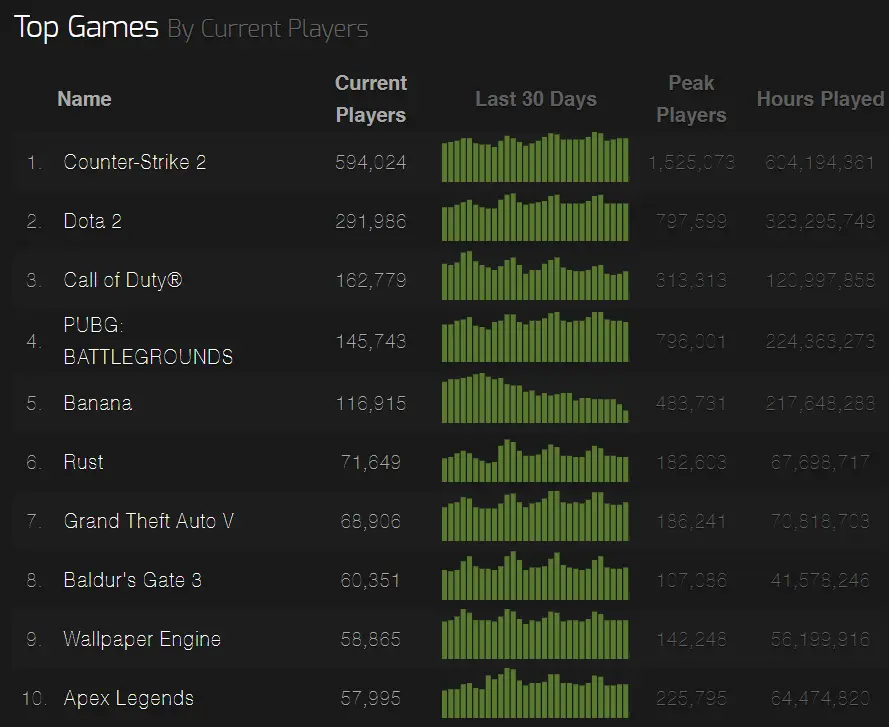
Source: Steamcharts
Based on the data above from Steam, one of the largest gaming platforms globally, gaming is growing as a key component of leisure, especially among younger audiences. It also speaks to how gaming platforms offer something for everyone, whether you’re looking for a quick match or a deep, story-driven experience. Through gaming, people can escape, socialize, and even challenge themselves, making it an increasingly important part of the modern leisure landscape.
Challenges to Achieving Balance
While balancing work, study, and leisure sounds ideal, it’s not always easy to achieve. Several factors can make it difficult to find that perfect equilibrium, but finding balance remains elusive for many. Here are a few common challenges:
Cultural Expectations
In some societies, long working hours are seen as a badge of honor, leaving little room for leisure. Cultural expectations play a big role in shaping how people allocate their time. In some cultures, long working hours are seen as a badge of honor, and leisure is often sacrificed in favor of productivity
Economic Pressures
For many, especially in developing countries, financial necessity dictates how time is spent, often leading to longer work hours and limited leisure. Economic pressures also have an impact—many people, particularly in developing countries, work long hours simply to make ends meet, leaving little time for rest or leisure. Gender disparities further complicate the situation.
Gender Disparities
Women, for example, often bear the brunt of unpaid household labor, reducing their ability to enjoy leisure time. For instance, data from the Bureau of Labor Statistics shows that women spend significantly more time on household tasks than men, which limits their available leisure time. These challenges demonstrate why balancing time for work, study, and leisure is not just about personal choices—it’s deeply influenced by structural and cultural factors.
Addressing these issues requires both individual effort and broader societal change to make time more equally distributed and accessible for everyone.
Practical Strategies for Balance
Achieving a balance between work, study, and leisure doesn’t have to be overwhelming. There are many strategies that can help make this balance more attainable. Balancing work, study, and leisure doesn’t have to feel like a juggling act. Here are some strategies to help:
Time Tracking
The first step is tracking how you spend your time. Apps or time diaries can help identify areas where adjustments are needed. By using apps or time diaries, you can identify areas where time is being wasted or where more leisure time could be carved out
Set Priorities
Not every task is equally urgent or important, so tools like the Eisenhower Matrix can help categorize tasks by urgency and importance, freeing up more time for things you enjoy. For those of you who don’t know, The Eisenhower Matrix is a framework for productivity and time management that helps you prioritize tasks by categorizing them based on their urgency and importance.
Create Boundaries
Establish clear work and study hours, and respect your own need for downtime. This means setting specific work or study hours and then unplugging from emails or work-related tasks once those hours are over
Incorporate Active Leisure
Whether it’s a brisk walk, a yoga class, or a game of basketball, active leisure has dual benefits for mental and physical health. It’s always a good idea to incorporate active leisure into your routine because active leisure doesn’t just help your mind relax; it benefits your body, too.
Unplug Regularly
Finally, make it a habit to unplug from technology regularly. Constant connectivity can blur the lines between work and relaxation, so setting aside time to disconnect and engage in non-digital activities can make a big difference.
Gamification: A Modern Solution for Multidimensional Needs
In the quest for achieving balance and optimizing productivity, gamification emerges as a dynamic approach to addressing diverse needs across different domains. Research shows that gamification works because it taps into fundamental psychological motivators such as rewards, competition, and the sense of achievement. Gamification has proven to be a versatile tool that can engage individuals while driving meaningful outcomes.
What makes gamification particularly effective is its ability to transform routine tasks into enjoyable challenges. By incorporating elements like progress tracking, rewards, and interactive goals, gamification engages individuals on a deeper level. When leisure and work or study are combined through gamification, the lines between obligation and recreation blur, creating a sense of flow where participants are fully immersed in their activities without feeling drained.
Level Up powered by Agate excels in creating gamification projects tailored to these multidimensional needs. With a focus on combining the productive elements of work and study with the refreshing aspects of leisure, they develop solutions that drive meaningful outcomes. Whether it’s a corporate training program designed as a collaborative quest or an academic curriculum enhanced by game-based challenges, Level Up powered by Agate ensures these experiences are engaging, effective, and impactful. Through such initiatives, balancing productivity and enjoyment becomes a reality.
By collaborating with Level Up powered by Agate, organizations and institutions can transform challenges into opportunities, crafting experiences that are both impactful and enjoyable. Through gamification, achieving balance and boosting engagement has never been more accessible.
Why Balance Matters
Balancing work, study, and leisure is a deeply personal process shaped by external factors like culture, economy, and individual preferences. Yet, it’s clear that integrating leisure into our daily lives isn’t just a luxury—it’s a necessity. By understanding global patterns and making intentional changes to our routines, we can create a more balanced, fulfilling life.
The next time you find yourself hesitating to take a break, remember: leisure isn’t a waste of time—it’s an investment in your overall well-being.
I’ve stumbled on a very interesting TED Talk recently about this topic. Catherine Price’s talk, Why Having Fun Is the Secret to a Healthier Life, explores how embracing fun in our daily lives can have profound effects on our well-being. It’s an engaging watch that ties perfectly into the idea of balancing work, study, and leisure.
If you are interested in learning more about gamification and how it can benefit you or your organization
Check out our gamification services page and contact us today. We are ready to help you create a gamification experience that aligns with your needs and preferences.
The Authors

Junialdi Dwijaputra

Dias Setyanto
Related Articles
- All Posts
- All-EN
- Education-EN
- News-EN
- Service Highlight-EN
